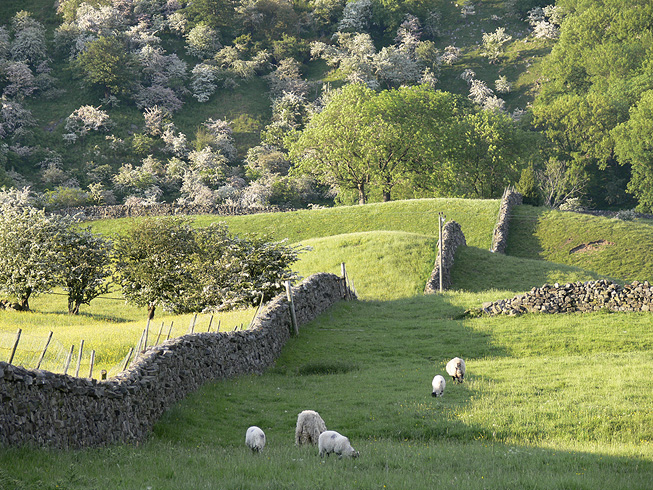The Report on the digital commons, initiated by France during the conference “Building Europe’s Digital Sovereignty” (February 2022) was presented at the Digital Assembly co-organized in Toulouse by the French Presidency and the European Commission, on June 21-22. The report is the result of several months of reflection by 19 Member States1, the European Commission, and a number of civil society actors interested in the digital commons. How well does the report address the future of enriching and accessing the commons in the EU?
Wikimedia France brought its own vision and solutions strenthening the development of the digital commons in Europe. We had already started discussions focused on the enrichment of Wikipedia by volunteer communities with Henri Verdier, French Ambassador for Digital Affairs, around the Wikicheese event we had organized in Brussels with the Free Knowledge Advocacy Group. It was important for the association to be able to represent the Wikimedia movement on these issues because online communtiy platforms are too often put aside by public authorities in their statements or in their debates during regulations.
What are the digital commons?
Digital commons are non-rivalrous and non-exclusive resources defined by distributed and communal production, ownership and governance of informational capacities and technology. (…) As defined by 2009 Nobel Prize winner Elinor Ostrom, a commons is a resource designed and governed by a community with established access and sharing rules.” Also, the social researcher Mayo Fuster Morell proposed a definition of digital commons as “information and knowledge resources that are collectively created and owned or shared between or among a community and that tend to be non-exclusive, that is, be (generally freely) available to third parties. So the digital commons could include wikis, open source librairies, free and open-source software, and open-source licensing.
The report made four key proposals:
- The creation of a European one-stop shop to guide communities towards adequate funding and public aid;
- The launch of a call for projects to deploy financial support to the most strategic commons;
- The creation of a European foundation for the digital commons, with shared governance between the States, the European Commission and the digital commons communities;
- The implementation of the “digital commons by default” principle in the development of digital tools for public administrations.
The Wikimedia movement welcomes this initiative and these proposals. The Internet can and must be a diversified space beneficial to all. Thanks to the collective intelligence, very beautiful things – such as access to information for all, access to cultural heritage – can become the experience of all Europeans. This is why it is necessary more than ever that decision-makers support the use of digital tools based on the commons including Wikipedia, Open Food Facts, Open Street Map and Framasoft. Supporting the development of a model different than that of the dominant commercial platforms is crucial as we need an alternative for both access and production of information to that based on monetising interactions between users.
Wikimedia France in coalition with other actors of the digital commons are waiting for real actions to be put in place following these declarations. We have, in turn, posed several proposals to that end. From the coalition’s demands, four were covered in the report: the establishment of a European funding system, the creation of a support fund for commons and open source actors, the assurance of European governance with the creation of a European foundation, and the structuring of public-digital commons partnerships by public authorities. Three were either not mentioned in the report or, in our opinion, insufficiently covered or too vague: improving the legal framework by taking the digital commons into account in regulations, structuring a European digital industry ecosystem based on open innovation and interoperability, and supporting the existing digital commons infrastructure. Therefore, the members of the coalition will continue their exchanges with the key actors of this report and will be vigilant, in the coming months, to the implementation of the proposals presented in the report.
The digital commons are an important lever to set up a multilateral governance of our data and tools used to regain a share of strategic digital autonomy. It is therefore urgent to bring a new vision as well as a renewal of the way of thinking on all these issues, especially for a more open, innovative, sovereign and democratic Europe. We believe that Europe has, more than the capacity, the duty to shape the digital society of tomorrow by taking the right path.
1these were: Belgium, Croatia, Czech Republic, Denmark, Estonia, Finland, Germany, Ireland, Italy, Latvia, Luxembourg, Malta, the Netherlands, Poland, Portugal, Slovenia, Spain, Sweden









